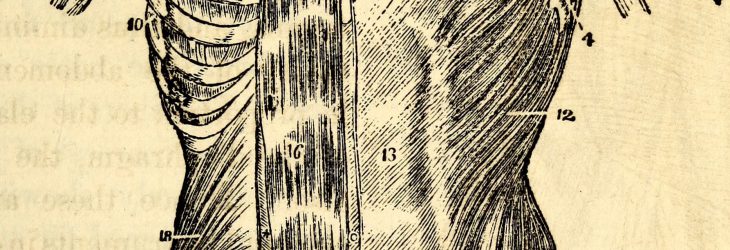Studying the human body can be really interesting if you look at it as a beautiful story. Understanding the structure and the mechanism and remembering everything is a difficult task if you don’t enjoy studying it, but if you see it as an unfolding story, then this fascination will make sure you don’t get bored!
So What is Anatomy and Physiology?
Learning the structure and the relationship between the different body parts is what we call learning Anatomy. Physiology is all about understanding the function of the body and the body as one system. We can specialize in different areas as well. But Anatomy and Physiology together cover the understanding of the whole body.
The 13 Systems You’ll Be Studying
Medicine is a huge field, but anatomy and physiology broadly break down into 13 modules. If you’re new to med school, chances are you’ll first receive a brief introduction to each topic before you dive in deeper.
Some systems that you will study are.,
- Circulatory System
- Respiratory System
- Urinary system
- Hematologic system m
- Immunologic System
- Gastrointestinal system
- Nervous system
- Muscular system
- Skeletal systems
- Integumentary systems
- Lymphatic systems
- Reproductive system
- Anatomic Terminology
From Molecules All the Way Up
You’ve discovered the 13 disciplines above. In addition to them, you’ll also be learning about the five stages that the body performed, which goes from the basic molecular level all the way up to your largest organs working in tandem. Lets look at them one by way:
Chemical stages – learning from the stage where it’s about combinations of molecules or atoms. This is where one will dig deep in to the subject and understand the basis of each system in molecular point of view.
Cell Stages – Then for each system, cells arrangement will be identified. How cells are specialized for different functions in different systems.
Tissue Stage – Cells combine together and make tissues. This part one will learn about the types of tissues in the body and how it will change from system to system.
Organ stage – The cells get organized and make units which will enable to do a particular activity in the body.
System stage – two or more organs will together and accomplish a specific task. For example the digestive system requires many organs to perform the required task every single day!
The Body Is Like a Flow Chart
When you look at it, it’s like a flow chart. Each and every system has this flow. If we take nervous system, what will we be learning? We will learn the atomic nature of the body first. Then we will understand about one neuron cell and the characteristics. Next we will understand how the neurons get together and make the neuron system in the body. Then we will learn how it functions. Then we will learn how the ideal function get deviated due to various reasons. Finally, we will learn deviations and prevention for deviations. At the same time, you know how your body anatomy is structured as well.
Having a sound knowledge about Anatomy and Physiology will enable to understand your whole body in a holistic manner. But it is tiresome to memorize and remember all this information. One need to study continuously and keep memorizing the subject matter every day to become an expert. Looking at the body like a fascinating story will help you stay motivated, and keep studying even when it gets hard.













